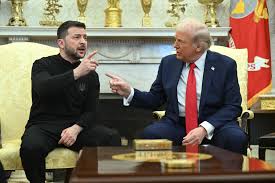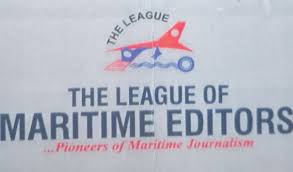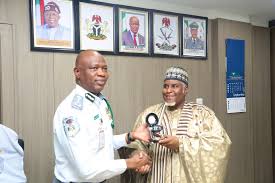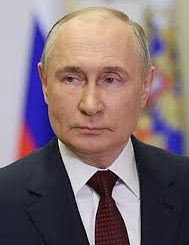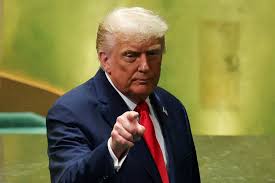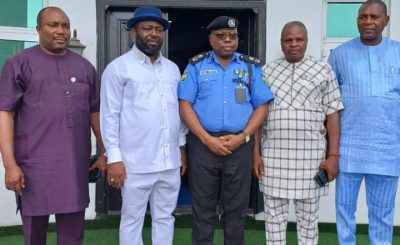By Stephen Ubanna
More facts have emerged on why President Bola Ahmed Tinubu has retained Bashir Adewale Adeniyi, MFR, as the Comptroller General of the Nigeria Customs Service (NCS). The decision appears strategic, as the President seems to be following the precedent set by his predecessor, Muhammadu Buhari, who had appointed retired Army Colonel Hameed Ali to the post in August 2015. Ali was removed by President Tinubu, but Adeniyi, an Osun State native, is expected to remain in office until after the 2027 presidential election.

Adeniyi is believed to have won the President’s confidence due to his impressive performance in revenue collection and anti-smuggling operations over the last two years. Notably, his leadership has seen the successful rollout of the B’Odogwu platform, an indigenous system replacing the Nigerian Integrated Customs Information System (NICIS) at key ports including PTML, Apapa, Tin Can Island, and Onne in Rivers State. This transition underscores his commitment to delivering on the core mandate of the Customs Service.
The Comptroller General, has also prioritized training and capacity building at commands in PTML, Apapa, Tin Can Island, Onne, and the Federal Operations Unit (FOU) Zone B, Kaduna. These efforts are focused on the Authorized Economic Operator (AEO) component of the B’Odogwu platform, aimed at enhancing trust, transparency, and trade efficiency between Customs and compliant economic operators.
This AEO initiative has significantly improved inter-agency collaboration at seaports where B’Odogwu is operational. The NCS now works more closely with relevant government agencies such as the National Drug Law Enforcement Agency (NDLEA), under Brig. Gen. Buba Marwa (rtd.), the National Agency for Food and Drug Administration and Control (NAFDAC), the Department of State Services (DSS), and the port police.
These strengthened partnerships have resulted in increased revenue generation and a surge in high-profile seizures, including contraband and stolen exotic vehicles, particularly from Canada. At the Apapa Command, Area Controller Compt. Babatunde Olomu, leveraging the B’Odogwu platform since March, recorded remarkable successes. Between January and May 2023, the command intercepted and seized over 15 forty-foot containers, one of which held two stolen 2024 Lexus jeeps from Canada. This high-profile interception earned recognition from the Canadian Embassy in Abuja, which has been tracking the CGC’s anti-smuggling achievements.
In total, the Customs Service under Adeniyi has intercepted 63 stolen vehicles from Canada at various locations nationwide, sending a strong message that Nigerian ports are now hostile territory for international vehicle thieves.
Perhaps most compelling for President Tinubu is the Customs Service’s growing revenue performance. Wale Edun, Minister of Finance and Coordinating Minister of the Economy, recently described the revenue numbers as “encouraging.” Adeniyi, supported by his dedicated Area Controllers at seaports, airports, and land borders, has implemented reforms aimed at ensuring the full collection of the N6.58 trillion revenue target for 2025, with expectations of exceeding it due to increased global trade activity.
Despite his current favor with the Presidency, some industry voices believe it’s time for Adeniyi to step down. Kayode Farinto, former Acting President of the Association of Nigerian Licensed Customs Agents (ANLCA), has suggested that the CGC should exit now “while the ovation is loud.” Farinto also criticized moves by the House of Representatives Committee on Customs and Excise to amend the Nigeria Customs Management Act in April 2023, which would guarantee a four-year tenure for the CGC, to promote leadership continuity.
Farinto insists that the Customs Service rules, specifically the 35year age limit for retirement, should take precedence over legislative maneuvering, arguing that it’s time for a new leader at the helm.
Nonetheless, as things stand, CGC Adeniyi’s record, reforms, and presidential backing make him a central figure in the Tinubu administration’s economic and security agenda at least for now.


